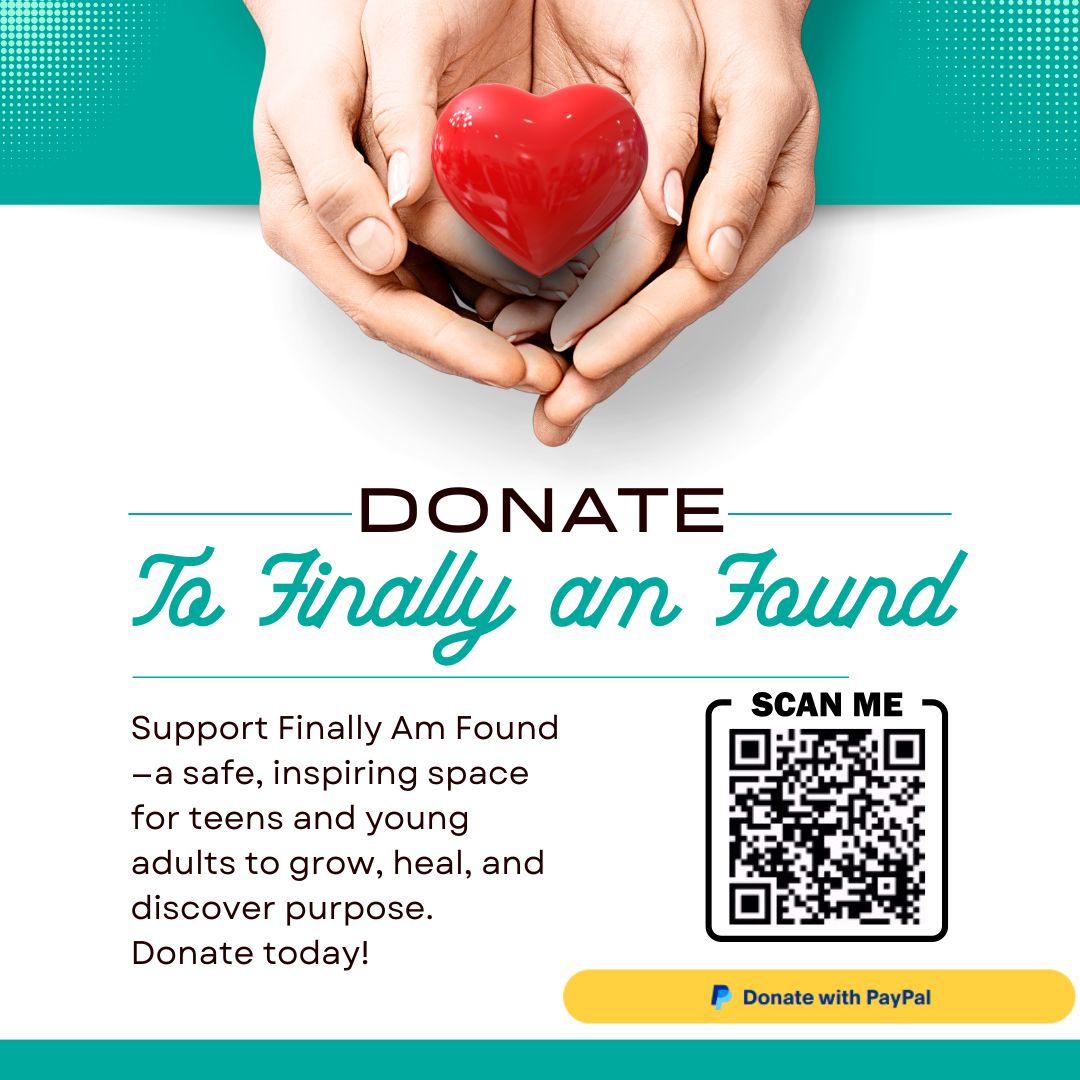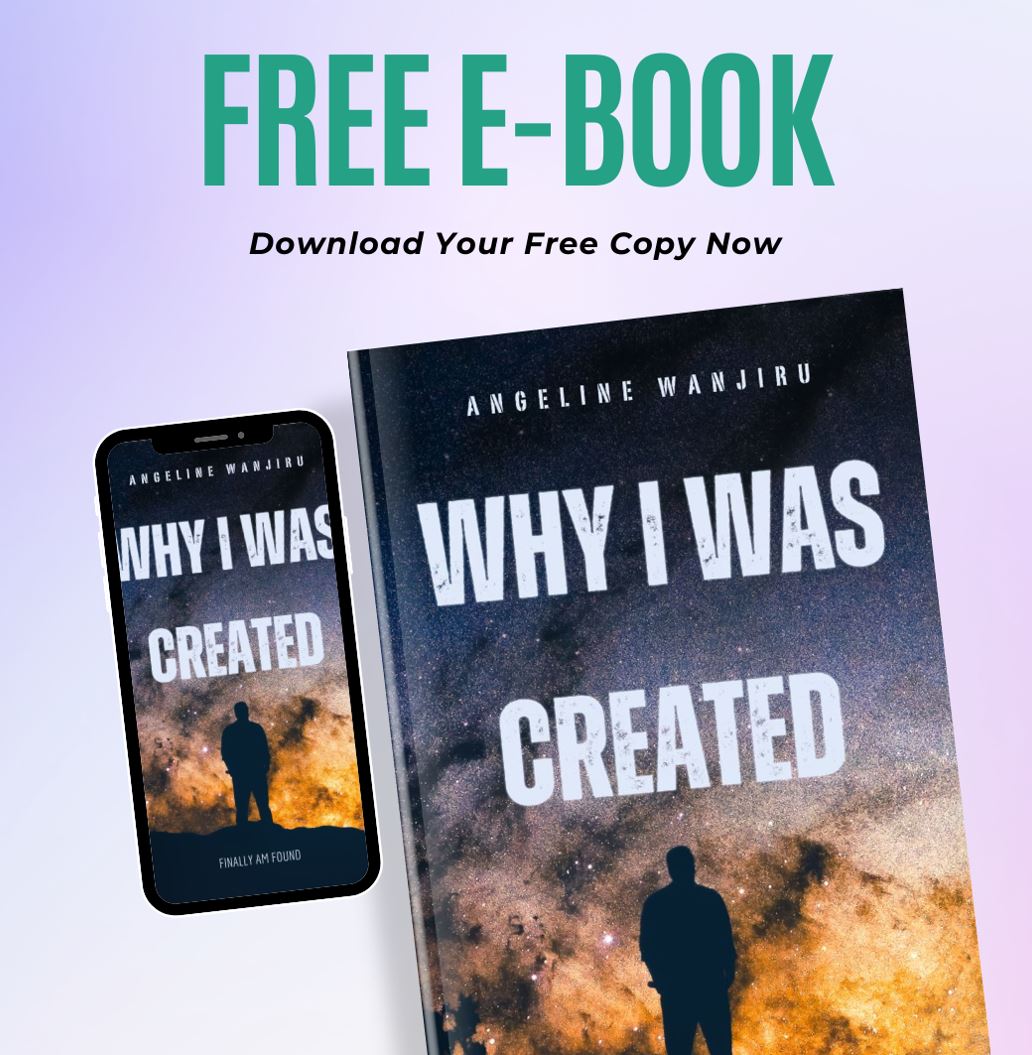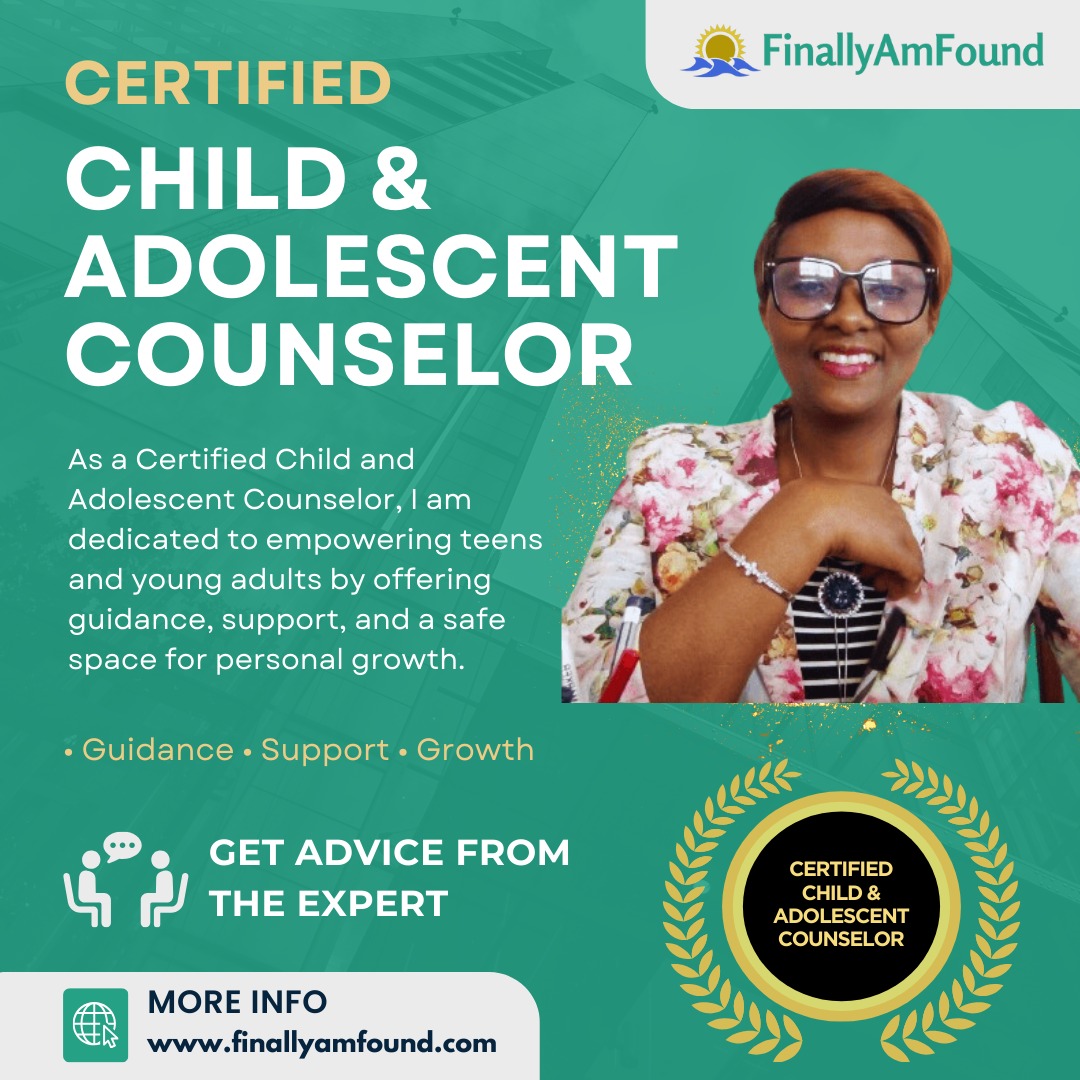Beyond the Buzz: Why Loneliness Feels Like an Epidemic for Young Adults (and How to Find True Connection)
Hey young adults, from where I stand as your Christian-based youth coach and mentor, I see something deeply concerning quietly affecting so many of you: loneliness has become an epidemic(widespread and rapidly increasing in prevalence within a population, affecting many individuals at the same time). In a world that’s more digitally connected than ever, it seems counterintuitive, doesn’t it? Our feeds are overflowing with smiling faces, group outings, and curated moments of connection. Yet, beneath the surface, a significant number of you are wrestling with a profound sense of isolation.
The “loneliness epidemic” describes a widespread and rapidly increasing problem where many, especially young adults, feel a distressing lack of deep social connection. While not exclusively about digital isolation, the prevalence of online interactions is a significant contributing factor; it creates a paradox where constant digital connectivity offers the illusion of closeness without fulfilling the human need for genuine, profound relationships. This often leaves individuals feeling unseen and unheard, even amidst their overflowing social feeds, thereby exacerbating the epidemic alongside other factors like life transitions, hidden emotional wounds, and the demands of modern life.
So, while loneliness is a timeless human experience, the term “epidemic” highlights that its widespread nature and the contributing factors in our digitally connected world present unique challenges and a different scale compared to previous non-online generations.
Let’s be honest. You might be surrounded by people, active on every app, and still feel completely alone. You scroll. You like. You respond. But deep down, you wonder if anyone truly knows you, truly sees your soul. You feel the void. Loneliness isn’t just a passing moment—for many young adults, it’s becoming a way of life that isn’t sweet.
At https://finallyamfound.com/, we’re here to remind you that loneliness doesn’t have to define your story. You were created for real connection, identity, and belonging. This is a space where you’re guided back to your purpose, reminded of your worth, and supported as you rise above the loneliness that the world normalizes. You don’t have to stay in the epidemic — you’re meant to break free, and it is possible.
Loneliness vs. Being Alone: The Crucial Difference
Before we dive deeper, let’s clear up a common misconception: loneliness is NOT the same as being alone.
- Being alone is a physical state. It’s when you are by yourself, without other people present. This can be a choice – and a healthy one! We all need moments of solitude for reflection, prayer, creative work, rest, or simply recharging. Think of those “solo dates” we discussed as a personal growth hack in one of our ebooks; they’re about intentional, beneficial solitude. Being alone can be peaceful, productive, and restorative. The ideal length for a healthy, intentional ‘alone state’ is deeply personal and varies based on your individual needs and the purpose of your solitude. It can range from just a few restorative minutes for prayer or a mental reset to an hour or two for focused work, creative pursuits, or quiet reflection. Occasionally, a half-day or even a full day might be beneficial for a deeper spiritual connection or a personal retreat. The key is that this time is chosen and purposeful, aimed at recharging your spirit and mind, rather than being a prolonged, involuntary isolation that leads to loneliness. For most, an ‘alone state’ should be a source of renewal, not extended disconnection, as we are also designed for meaningful community. We’ll dive deeper into this important topic in a coming blog post.
- Loneliness, Loneliness is an emotional state — the painful feeling of not having enough meaningful social connection, even when you’re around people. You might be at a crowded event, chatting with friends online, or in a busy room, yet still feel deeply alone. This happens because loneliness isn’t about how many people are near you, but about the quality and depth of those relationships. It often stems from the absence of genuine bonds, made worse by experiences like rejection, discrimination, social divisions, and racism. Much of this loneliness also comes from relying too much on digital interactions, which are often shallow and lack true emotional closeness.
Why So Many Young Adults Feel Lonely
So, why are so many of you, in this hyper-connected age, feeling so disconnected?
- The Digital Disconnect: You’re always online — always scrolling, liking, replying. But deep down, something still feels off. Real conversations have been swapped for quick emojis and “lol” texts. You post stories and get views, but no one sees you. It’s easy to feel connected and still feel completely unknown, because being seen isn’t the same as being understood, and digital closeness can never replace real, soul-deep connection.
- The Skill Gap in Connection: You were probably taught how to succeed, stand tall, and handle life on your own — but not how to open up, ask for help, or build friendships that go deeper than the surface. Maybe no one ever handed you a guide for creating safe, lasting connections — or maybe you just never saw it modeled. The truth is, meaningful relationships don’t just happen; they’re learned and nurtured. So if connection feels hard right now, that’s completely normal—especially at the start, as long as you’re aware of it. And don’t worry — we’ve got you. now. And don’t worry — we’ve got you
- Hidden Wounds and Fear of Judgment: Many of you carry hidden wounds from the past—abandonment, rejection, comparison, or emotional neglect—that subconsciously push you to withdraw instead of reach out. There’s a persistent fear of judgment that whispers: “If they knew the real you, would they stay?” This makes true vulnerability feel too risky.
- Transitions and Mobility: Many young adults are in a season of flux. Moving away for college, starting a new job, leaving home for the first time, or even changing churches can uproot established social networks, leaving you feeling adrift in new surroundings. This is a common experience as young people move to urban centers for work or study.
- Pressure to Present Perfection: There’s immense pressure to project an image of success, happiness, and having it all together. This fear of showing weakness or imperfection hinders authentic connection.
- Busyness and Burnout: The relentless demands of academics, work, side hustles, and personal goals can leave little time or emotional energy for cultivating genuine, deep relationships. We often prioritize productivity over true connection, and our relationships suffer as a result.
What Loneliness Does to You
As a nurse and mindshift coach, I can tell you that the impact of chronic loneliness extends far beyond just feeling “sad.” It’s not just emotional; it can deeply affect your:
- Mental health: Fuelling anxiety, triggering overthinking spirals, or deepening feelings of depression.
- Spiritual life: Making you feel distant from God, as if He’s unreachable or doesn’t care.
- Physical well-being: Draining your energy, suppressing your appetite, or disrupting your sleep patterns.
- Self-worth: Making you question if you even matter, if you’re lovable, or if you’re good enough to deserve connection.
Worst of all, loneliness whispers insidious lies like:
- “You’re not enough.”
- “Nobody cares.”
- “Even God is silent.”
- “You are alone, not lonely,” yet you have pushed away people for months, which qualifies you to be lonely
But that’s not the truth.
What God Says About Your Loneliness
The truth that defeats loneliness comes from the unchanging heart of God:
● God’s Profound Empathy: God already knows your pain completely, and Jesus chose to enter into the full experience of human suffering—betrayal, abandonment, and deep loneliness. This shows He is not distant or detached but deeply compassionate. He walks with you in your loneliness, offering comfort, understanding, and the wisdom you need to find your way out and heal. His sacrifice is the solution to loneliness, not an endorsement of it.
So, to be crystal clear: Loneliness is a challenge we aim to overcome, not something to embrace. God’s truth and Jesus’s experience serve as an anchor of empathy and a promise of freedom from that very pain.
How to Start Breaking Free From Loneliness
If any of this has resonated with your heart, know this: you are not alone in feeling this way, and more importantly, you are not destined to stay stuck in loneliness. You can start breaking free and building a life filled with authentic connections. As you take these steps, remember to approach them without rigid expectations; not everyone will respond kindly or in the way you hope, and that’s okay—just let them be. Instead, focus on yourself: train yourself to smile, be genuinely warm, flexible, and approachable. Understand that this whole process of building a true connection takes time, so be patient and kind to yourself along the way:
✅ Reach out intentionally. Don’t wait for someone to check in on you or for the “perfect” invitation. Be proactive! Go first. Message that friend you’ve been thinking about, call your neighbour and ask how they have been. Join that church’s small group or community volunteering initiative. Sit with someone new at lunch or after a service. Small steps of initiation make a huge difference. For example, joining a small group at church or a local volunteer project and introducing yourself by saying, “Hi, I’m [Your Name]. What brought you here?” Or sit next to someone new at lunch or after a service and ask, “Mind if I join you? I’m looking to meet new people.” Don’t hesitate to compliment the waiter or staff with something like, “Thank you, your service has been really great today!” At work or school, you can spark conversation by asking, “I noticed you like [hobby/interest]. How did you get into that?” If someone shares a challenge, respond with genuine care: “That sounds challenging. How are you handling it?” You can also share a bit about yourself: “I’m trying to get better at [skill]. What about you?”
✅ Be real. True connection thrives on authenticity. It’s okay not to be okay all the time. Dare to share your true self, your struggles, and your vulnerabilities with trusted, safe people. This courage builds a real connection, allowing others to meet you where you truly are.
✅ Find your rhythm with God. Alone time with God isn’t isolation—it’s powerful restoration. Let Him fill the empty places in your heart that no human connection ever can. Spend time in prayer, worship, and His Word. As we discussed in “Spiritual Hacks,” He is your constant companion, and true intimacy with Him forms the foundation for all other healthy relationships.
✅ Serve others. When you give your time, talents, and energy to serving others, your heart expands. Focusing on someone else’s needs helps dissolve your feelings of isolation by shifting your perspective outward and connecting you to a larger purpose.
✅ Talk to someone. You don’t have to carry this burden in silence. Seeking professional counseling, connecting with a wise mentor, or engaging in pastoral care through your church can bring immense light into your silent spaces. There’s no shame in seeking support.
Reflection Prompt for You:
Where does loneliness hide in your life? Is it under busyness? In the “I’m fine” mask you wear? In long, aimless hours on your phone?
Take some time to write about it, pray through it, or talk about it with a trusted friend or mentor. Don’t settle for isolation. You were created for connection, designed for relationship, and deeply loved by a God who sees you, knows you, and is always with you.
Check more very impactful resources on our ebook section.
What helps you feel genuinely connected? Drop a comment below.
This week, read Psalm 139. Let it powerfully remind you: You’re never unseen. You’re never forgotten. You matter.
Prayer
Lord, you see the loneliness I carry. Thank You for understanding my heart even when words fail me. Help me take small steps toward real connection, with courage and grace. Lead me to the right people, and teach me to love without fear or expectation. Fill the empty spaces with Your presence. In Jesus Christ’s name, I believe Amen.
Hey, I’m Angeline, your RN also a Counselor and founder of Finally Am Found. With a heart for mentorship, I’ve been guiding teens and young adults since 2017. As a Registered Nurse, I blend medical expertise with personal experiences to create a Christ-aligned space for self-discovery. Connect with Angeline on Facebook and let the journey to self-discovery begin!














